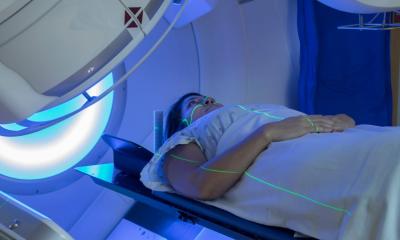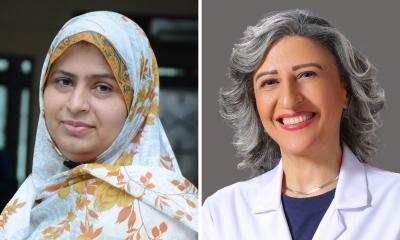Serving and improving Middle East healthcare
The 2nd Hospital Build Middle East Exhibition
& Congress (1-3 June. Dubai) aims to draw
together the investors, commissioners, backers
and managers of major healthcare building
projects, as well as suppliers of services
in planning, design, building, operations,
management and refurbishment.

Middle East experts at ICME Healthcare, a specialised management consultancy firm acting as a consultant for the Abu Dhabi Government Health Services, have already supported authorities in the region with strategic initiatives, such as capacity and medical planning, public private partnerships, feasibility studies and the design management of new healthcare facilities. Despite the global financial crisis healthcare appears to fare better than other industries, said Holger M Sprenger, MD of ICME Healthcare, adding that the region is characterised by a high prevalence of diabetes, obesity cardiovascular diseases, and increasing cancer diseases. ‘These factors, along with a high prevalence of smoking coupled with changes in health insurance regulations have lead to an increase in the demand for health services in the region.’
Healthcare demand and spending are on the rise in the GCC Countries. Healthcare spending stands at around US$16-18 billion – a figure expected to rise to around US$22-24 billion by 2018. ‘No other global region faces such rapid growth in demand with the simultaneous need to realign its healthcare systems to be able to treat the disorders of affluence,’ he said. ‘In the GCC, estimates from various sources indicate around 75 to 132 hospitals are planned for construction with a total bed capacity of around 20,000 to 25,000 beds. As per a high-level analysis done by us, we anticipate a bed requirement of around 400,000 to 450,000 beds in the MENA Region by the year 2018.’
Details: www.hospitalbuild-me.com
14.05.2010





